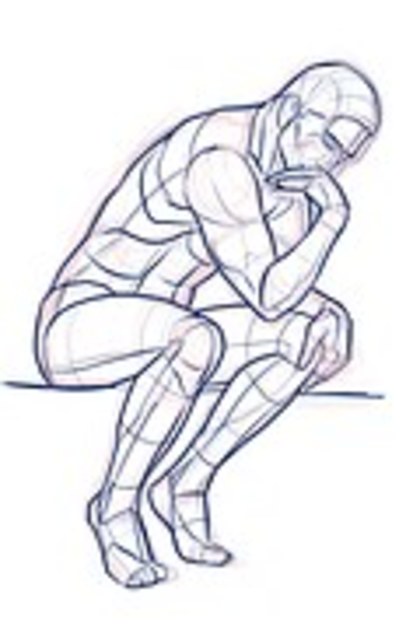
To Tell or Not to Tell – Parshat Vayeshev
Some of the readers may remember about 3 years ago that I spoke of my heart attack (first night of Chanuka to be exact). I am thankful that, b"h, 3 years later I can talk about it and that I started living a better, healthier life.
One of the dilemmas I had was about sharing the news with my heart attack with my elderly, frail mother, z"l. Everyone I spoke with seemed to be in agreement that it would be best not to share this information with her and that is what I did.
We find in education a similar dilemma when we speak of allowing children to make their own mistakes. It is sometimes hard to follow up on this principle especially when we see them having a hard time. But we know it is best for them. Or do we? There is a site which even describes the benefits of letting our kids make certain mistakes.1a
Just how far can we take this principle of withholding information? When is it beneficial and when harmful? When will it be seen as helping and when will it be seen as cruel?
When Yosef was sold by his brothers, their father Yaakov was not told. In fact, the brothers told Yaakov that they found his bloody coat and allowed Yaakov to come to his own conclusion that Yoseph had been killed by an animal.1 Yet their grandfather, Yitzchak, according to Reb Simon knew that Yoseph was alive. Yitzhak however, decided not to share this information with Yaakov. I can understand that the brothers who committed this act of selling their brother wanted to hide the truth from Yaakov. Why would Yitzchak want to hide this from Yaakov? He saw the suffering of his child yet kept quiet. This must have been a difficult decision to make. What can we learn from his behavior?
The only way I have found so far to get a grip on this unusual behavior would be to say that Yitzchak felt that sharing this information with Yaakov at this point would cause greater harm to Yaakov. If Yaakov were to find out at this moment that his children sold Yoseph to slavery, the emotional grief the Yaakov would have experienced would have been much greater. And perhaps this is what guided Yitzchak to withhold the information about Yoseph's whereabouts.
How do we choose which suffering is greater? To tell or not to tell? What does it say about me that I am deciding to withhold this information? Who am I to make that decision? Sometimes we are thrust into that position unwillingly and we are the only ones to make that call.
We make that call with courage and belief that I am trying to do right. Our intuition and our interest in trying to do the right thing will guide us.3 Our inner feeling in trying to guess what we are meant to be doing helps us make that decision. A decision must be made and, yes, not deciding is also a decision.
May we all have the help of divine guidance in making these pivotal decisions.
Notes
1a. https://www.homeschool-your-boys.com/allowing-your-child-to-make-mistakes/
- Bereishit 37:30-35
- Yalkut Shimoni
- Frankl, Viktor E.. The Will to Meaning (p. 43). Penguin Publishing Group. Kindle Edition. The concept of our being able to make the right choice in each situation is an axiom of Dr. Viktor Frankl and logotherapy.
Have A Great Shabbat!![]()
For More Information On Logotherapy And How You Can Create A Fuller, More Meaningful Life, Or To Book An Online Session,
- Call Me At +972-54-589-3399, or in Israel 054-5893399
- Contact Me Thru my email at [email protected]

 Previous
Previous

